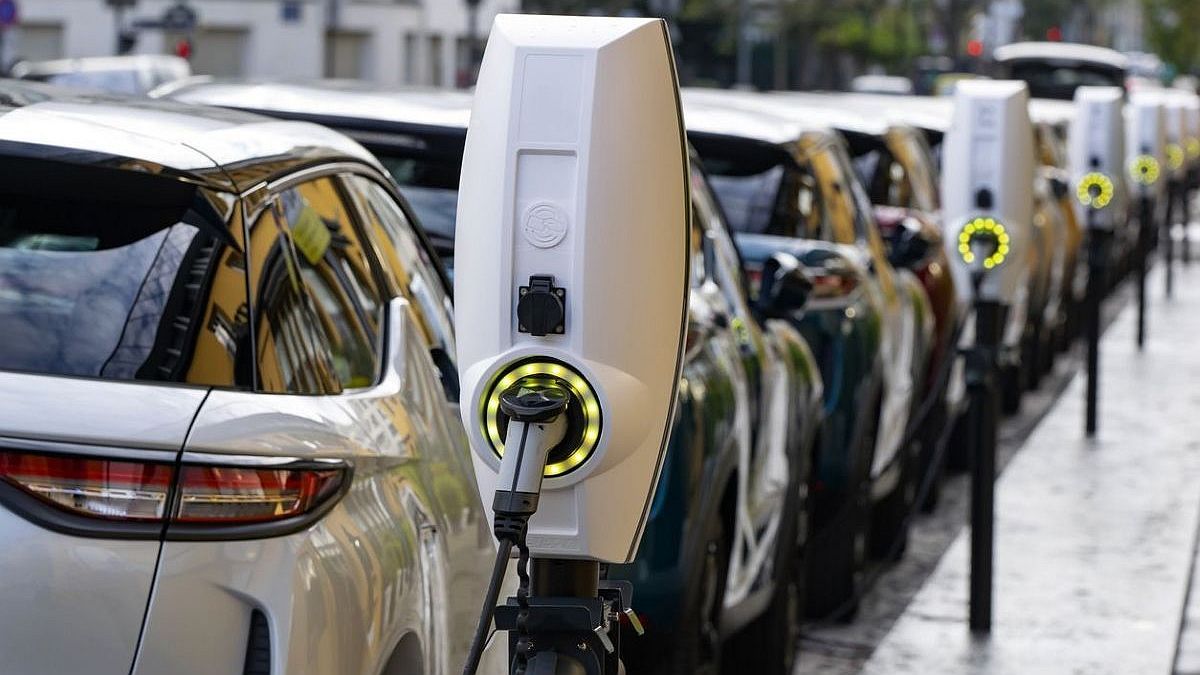The electric car is a key link in the European climate plan, but its widespread use on the continent’s roads runs into problems. important obstacles a decade before the sale of new cars with combustion engines will be banned in 2035.
Sales of “zero-emission” rechargeable vehicles in the European Union have stagnated, or even retreated, in recent months.
In so far this year, Electric vehicles represent 12% or less of total sales in Europe, against 14.6% last year.
The decline is mainly explained by data from Germany, the main European market, which ended subsidies for the purchase of these models at the end of 2023.
The general secretary of the Association of European Automobile Manufacturers (ACEA), Sigrid de Vries, cannot hide her “concern”.
Less than 30% of Europeans say they are willing to buy an electric vehicleaccording to the ACEA, and more than half rule out spending more than 35,000 euros ($37,600) on a car, a price range with very few electric models.
“The 2035 deadline is really tomorrow, especially if we talk about production cycles”De Vries explained at a conference last week in Lillestrøm, near Oslo.
“We only have ten years to go from 15% (of clean vehicles) to 100%”he warned.
At the end of 2023, a third of the 27 EU countries had still not exceeded 5% of electric vehicles sold, a threshold from which we can speak of mass adoption, according to the economic information agency Bloomberg.
The car is the first method of travel for Europeans and represents around 15% of the continent’s CO2 emissionsso its decarbonization is essential to meet the bloc’s climate objectives.
Although not a member of the EU, Norway, the host country of this conference, plays a role model despite being a large producer of hydrocarbons.
Thanks to very favorable tax measures, electric vehicles, led by Tesla, represented 90% of new vehicle registrations in the first quarter. The goal is to reach 100% in 2025.
Brands such as Volkswagen and Volvo have already stopped marketing their combustion models in the Scandinavian country.
In the United Kingdom, the ban on the sale of new combustion vehicles, now scheduled for 2035, was delayed by five yearsa deadline that many do not consider realistic.
The oscillation in sales does not worry Nissan, one of the first traditional manufacturers to enter the rechargeable vehicle sector with the Leaf model.
In Spainwhere consumers replace their cars every 14 years on average, 65% of drivers park on the street, which complicates charging at homesaid Isabel Gorgoso, director of “new mobility” at the energy group Cepsa.
“Spain has been Norway for ten years,” he stated.
Other problems are the accumulation of regulations (up to nine per year) at the European level and the inconsistency of national policies, which can be accentuated by the rise of populist movements that are often skeptical of climate change.
De Vries, of the ACEA, worries about the “high-risk” elections to the European Parliament in June, which may reinforce populist formations suspicious of the fight against climate change.
“What happens in the coming months could determine the fate of the European automobile industry,” he said.
Source: Ambito
I’m a recent graduate of the University of Missouri with a degree in journalism. I started working as a news reporter for 24 Hours World about two years ago, and I’ve been writing articles ever since. My main focus is automotive news, but I’ve also written about politics, lifestyle, and entertainment.




